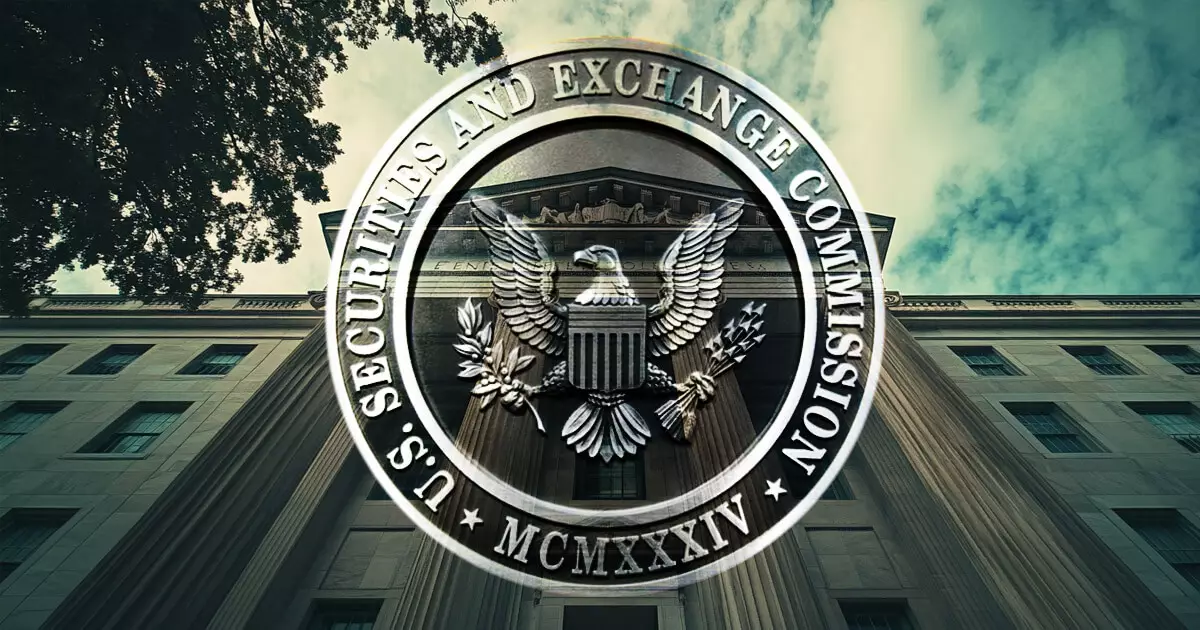The recent shakeup within the US Securities and Exchange Commission (SEC) signals a pivotal shift in the agency’s handling of digital assets. Commissioner Mark Uyeda has been appointed as the acting chair following the official resignation of Gary Gensler, as per an announcement that followed President Donald Trump’s directives on January 20. Uyeda’s appointment is temporary, extending until June 5, 2026, after which he will transition leadership to Paul Atkins, who has been nominated for the permanent position. This leadership change comes in a context where the SEC’s operational direction is under renewed scrutiny, particularly concerning its policies on cryptocurrencies and related technologies.
Uyeda has consistently positioned himself as a strong advocate for the digital asset sector, often criticizing the SEC’s approaches that have reportedly led to uncertainty within the market. His public statements—most notably on Fox Business in October 2024—highlight fundamental frustrations among stakeholders regarding clarity and guidance on regulatory compliance. Uyeda articulated that the existing framework tends to generate confusion rather than clarity, effectively compelling courts to interpret ambiguous rulings. This critique points toward a significant need for the SEC to refine its stance and establish a clearer path forward for digital currencies and their classifications.
One of the notable critiques launched by Uyeda alongside fellow Commissioner Hester Peirce involves the SEC’s treatment of non-fungible tokens (NFTs). They specifically referenced the regulatory action taken against the Flyfish Club, an innovative dining concept that aimed to use NFTs as a ticketing method for exclusive access. The SEC’s intervention, which generated considerable sums through primary sales and royalties, has raised questions about the classification of NFTs. Uyeda argues that these tokens should be viewed as utility tokens rather than as securities—an assertion that echoes broader calls within the industry for more fitting regulatory classifications tailored to digital assets.
Gensler’s resignation, announced in late November 2024, has coincided with a context of significant political shifts. Following the recent US elections, Gensler’s exit comes just as Trump indicated intentions to enact immediate reform upon re-taking office, which included plans to dismiss Gensler on his first day. Despite this tumultuous backdrop, Uyeda, Peirce, and fellow Commissioner Caroline Crenshaw provided commendations for Gensler’s collaborative leadership style, highlighting his contributions to bipartisan dialogues. These acknowledgments reflect a commitment to a respectful engagement across differing regulatory philosophies, which is vital for maintaining stability within the SEC amid transitional leadership.
As the SEC enters this new chapter under Uyeda’s temporary chairmanship, the focus on reforming regulatory approaches towards digital assets will be critical. The outcomes of these leadership changes could significantly affect how emerging technologies navigate the complex landscape of compliance and oversight. Uyeda’s history of advocacy suggests he may steer the SEC toward a more accommodating regulatory framework, potentially alleviating the burdens currently faced by market participants in the evolving domain of cryptocurrencies and digital finance. As regulatory clarity becomes increasingly urgent, the direction taken by the SEC in the coming years may determine the trajectory of digital asset innovation in the United States.

